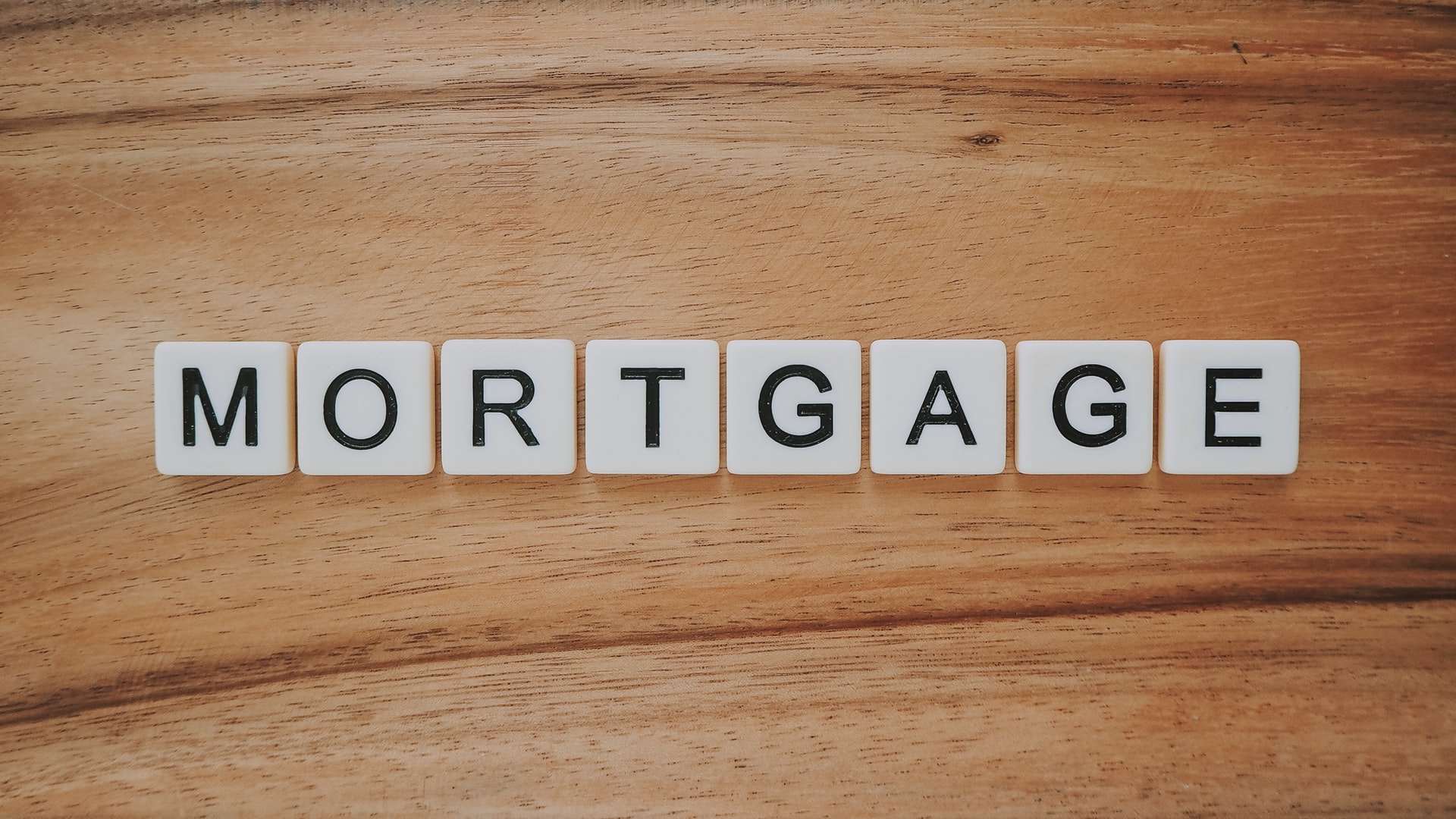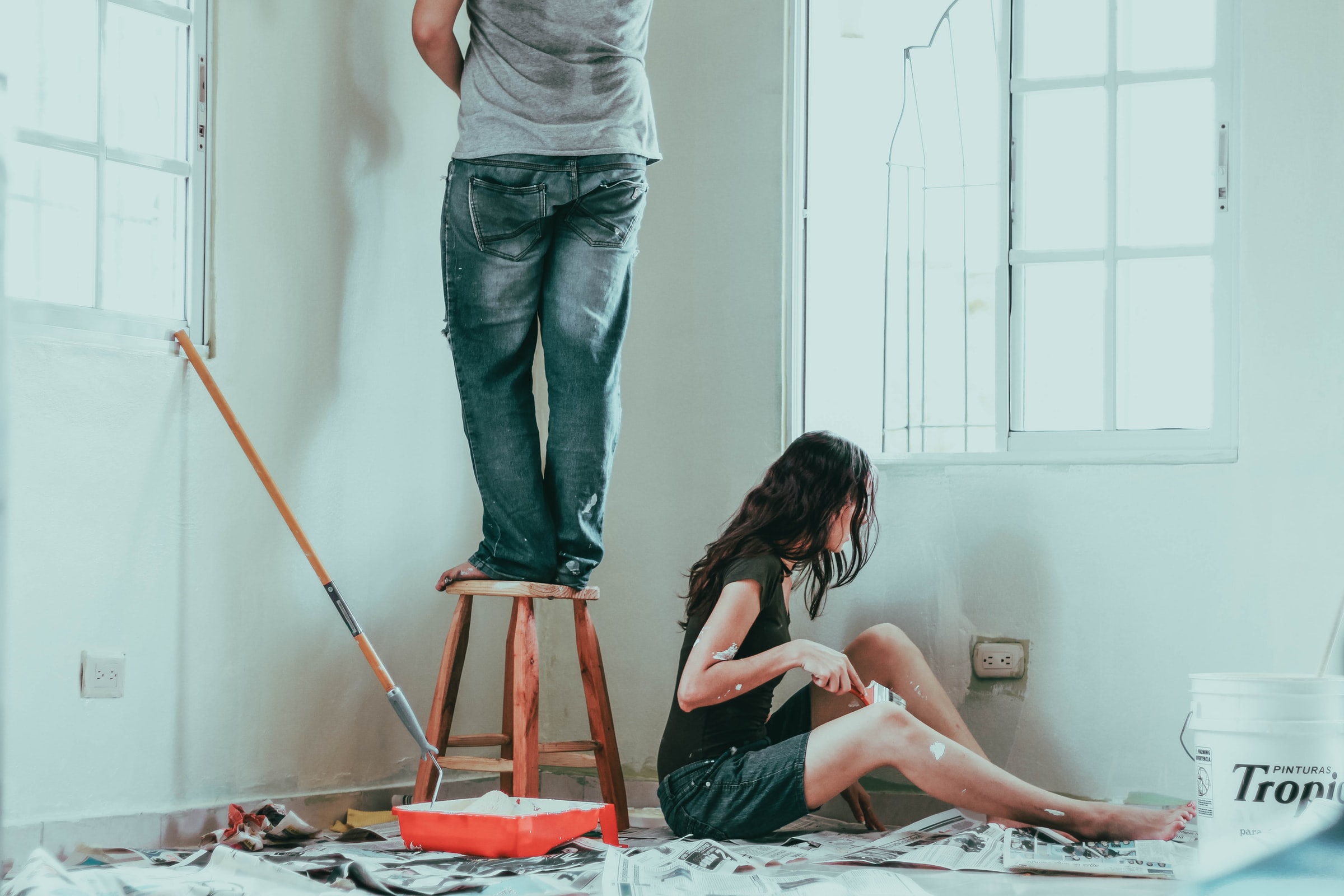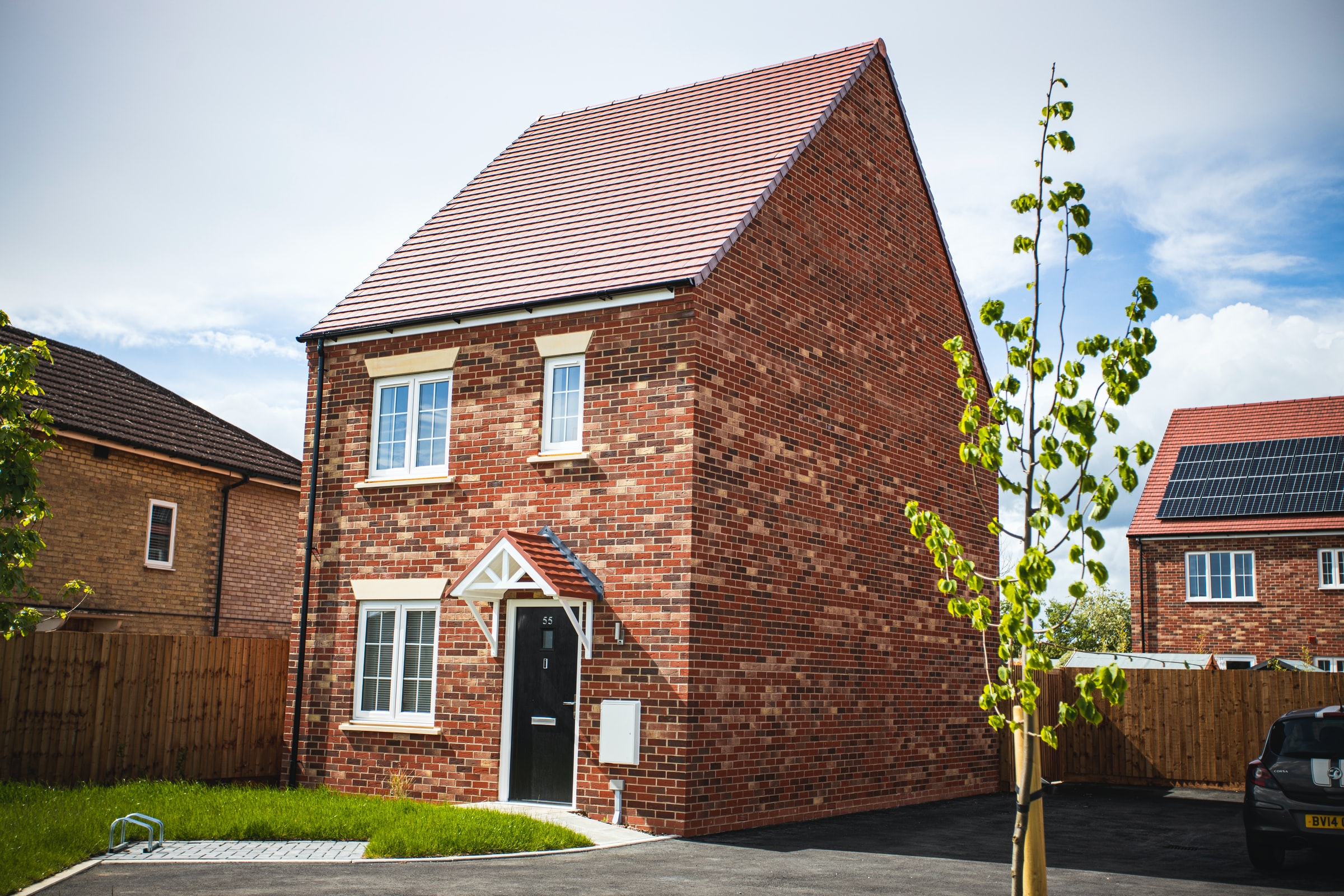Buying a house at auction can be an alternative to buying a home on the market. It is quickly becoming a popular way for first-time buyers to get on the property ladder. However, it has its drawbacks. Here’s what you need to know if you’re a first-time buyer considering going to auction.
What's Included?
Buying a house at auction: an overview
There are many reasons a house could be auctioned off. Sometimes, a house is auctioned when a borrower fails to make repayments on a mortgage. The lender confiscates the property from the borrower and evicts them, then sells off the house to try and recoup their losses. This is known as a “repossession auction”.
Other times, it’s because the house is in a state of disrepair and isn’t fit to go to market. In this case, the house will usually require extensive renovations. These houses can be made habitable with some work. However, you need to know whether you’ll have the resources, time and energy to go through with it.
Sometimes, the Crown inherits estates from deceased persons who have left no will, and have no apparent heirs. Occasionally, the Crown will auction these estates off. Prince Charles is said to have donated £1m to charity from selling off Crown inheritances. However, this can be risky, since, if the estate is later claimed, the rightful owner must be compensated. The Crown generally refuses to take responsibility for paying the claim. This means that you might end up having to pay.
How do I buy a home at auction?
The first thing is, of course, to find an auction house. These should be regulated by The National Association of Valuers and Auctioneers, or NAVA.
You should then look at what houses are on offer and go for a house-viewing, just as you would when buying from an estate agent. Make sure to ask the same sorts of questions and to check for any signs of disrepair. Make sure to check the local housing market to see what houses tend to go for. Set your budget accordingly – you don’t want to end up spending more than the house is really worth.
Once you go to the auction, you will make an offer by showing a card with a number on it. Whoever makes the highest bid wins the auction, and you must pay for the house. As soon as the gavel touches the block, the transfer of ownership is completed, and you cannot back out. This means you need to be sure you can afford to pay what you’ve promised!
Can I get a mortgage for an auctioned property?
Yes. Once you’ve worked out your budget you’ll know how much you can afford to bid. Therefore, you’ll know how much you can afford to pay at auction. Bear in mind that all the usual rules still apply to auctioned homes – you need to able to pay for a deposit and stamp duty, as well as any other costs.
You must also be able to transfer that money immediately, which means you need to make it clear to the lender or your broker that you intend to buy at auction so that there are no problems once you’ve won the auction.
Do I still need a conveyancer?
Yes. Conveyancers can help ensure that the transfer of ownership goes smoothly and iron out any issues before you move in. What’s more, they can help organise house surveys, which are still necessary even when buying at auction.
Watch out for reserve pricing
Sellers often have a house appraised before bringing it to auction. They then set a minimum price with the auctioneer for a small fee. The lot may not be legally displayed as selling lower than this starting price, and will not sell for bids below that minimum price.
This means that you may “win” an auction, but if your bid doesn’t meet the seller’s price, you still won’t get the house. You need to be prepared for that possibility.
How much cheaper can buying at auction be?
It depends on house prices in the area, but, as an example, houses that would normally be valued at £500,000 have been known to go for as little as £325,000 at auction. That’s according to a writer from MoneySavingExpert.com. However, you must remember that this is not a guarantee, and in some cases the final bid can be much, much higher than the market price.
Conclusion
Buying a house at auction takes guts. It’s certainly not a method of homebuying for the timid. It can, however, give you a chance to buy a home at a much lower cost than you would otherwise. Nevertheless, it is worth bearing in mind that it is not easy, especially if you’re a first-time buyer, and you will need to think very carefully before you consider buying in this way.
Credit-Score offers two fabulous solutions.
If you’re preparing to take a mortgage, never apply until you’ve tried our unique and FREE Credit-Score Home app. Our smart technology will tell you what you need to fix so you avoid rejection. The app predicts when you will be able to buy, for how much and tracks your month-by-month progress to mortgage success. We’ve even added your own mortgage broker, so you get the best deals available.
More focused on your credit rating? Well, get started for free with Credit-Score’s 24- Factor Credit Check to truly help you improve your creditworthiness and how lenders view you. (Remember: lenders don’t use your credit score! We’ll show you what lenders look for and how to get your credit report in the best shape possible).






